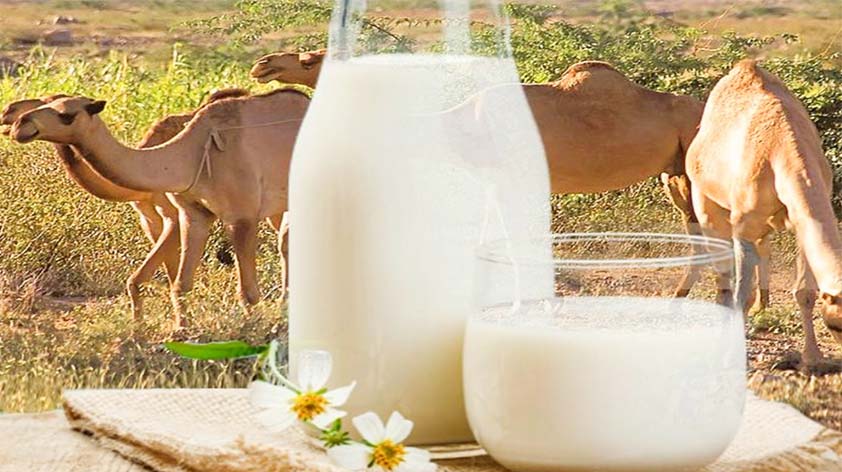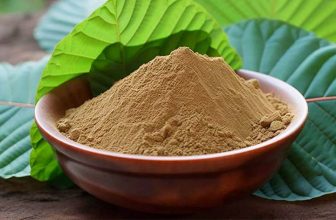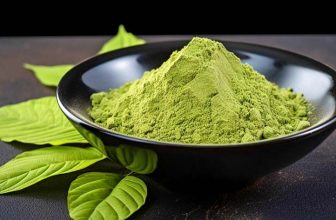
The interest in camel milk is growing due to its health properties, but some people are still understandably averse to the idea of drinking something they deem so unusual. Well I have news for you it’s not new and it’s not unusual, it’s actually been used in Middle Eastern, Asian and North African cultures for centuries and has been used as a source of nutrition for nomadic cultures in harsh environments. So is this milk beneficial and camelicious? Should we be drinking it instead of cow’s milk? Let’s explore in Camel Milk: 4 Reasons to Give it a Try!
So Why Camel’s Milk?
Well, when I was studying my Food Science MSc dissertation project, I looked at unusual milks, their benefits and fermentation properties. Camel’s milk came out as one of the popular alternatives in the Middle Eastern market due to its composition, nutritional content and associated health benefits. Check out the video below to see what people thought after trying it out!
As part of my research I tried the different milks to see which ones were palatable for the UK market. I found the taste of camels milk to be strong and a little salty but acceptable as a milk product.
1. Easier to Digest than Cow’s Milk
There are a number of reasons why camel’s milk may be easier to digest than cow’s milk. Firstly the composition of camel’s milk closely matches that of a mother’s milk in many respects such as mineral content and other nutritional values.
Camel’s milk also differs from cow’s milk in terms of its casein protein composition. Cow’s milk contains A1 casein which can trigger an allergic reaction, whereas camel’s milk contains A2 casein which doesn’t cause this reaction. This means people who are allergic to this protein would be more suited to drink milk with the A2 protein.
2. Rich in Nutrients
Camel’s milk is rich in nutrients and compared to cow’s milk, is overall higher in vitamins and minerals.
It’s nearly 3 times higher in vitamin C, and around 10 times higher in iron. It also contains more vitamin B, calcium and potassium. Camel’s milk has half the saturated fat with 3g per glass vs 8g that of cow’s milk.
3. Beneficial for Diabetes Sufferers
Can camel milk really help diabetes sufferers? Well numerous studies would suggest so. The analysis of camel milk shows it contains 52 units of insulin per litre, which is around 60% of the insulin supplement given to type 1 diabetes patients.
It has also been found that people with both type 1 and 2 diabetes who drank camel’s milk for two years showed significantly lower blood sugar levels at the end of the trial.
4. It Can Improve Blood Circulation & Anemia
As previously mentioned camel’s milk has a high iron content – an important component of red blood cells. This can help increase blood flow through the body and oxygenation of the body’s organs and also help boost iron in people suffering with anemia. Studies have shown a positive effect on patients suffering with anemia, however results suggest this should not replace traditional therapies.
Camel Milk is Often Consumed Raw
Many people believe that camel milk should be consumed raw to get all its inherent benefits. This comes with it’s own risks however, as does consuming any raw milk. There is the possibility of it containing harmful pathogens which can cause food poisoning and serious health problems, especially for higher risk groups. Studies however have shown that many of the benefits remain after pasteurisation albeit this is a less common option.
Pasteurised camel’s milk is available but it’s definitely worth checking out the label before you purchase as it’s not so commonplace.









